
“This sculpture tells the untold story of life with a feeding tube — a presence both vital and alien, a lifeline that nourishes while carving its own path through the body. Like ivy, it winds and clings, sometimes tender, sometimes sharp, always there. It does not ask permission. It heals, disrupts, and transforms” (Mahtab Grimshaw).
Local artist Mahtab Grimshaw created this striking and thought‑provoking sculpture after meeting with Sue Green and Carolyn Wheatley (Chair of PINNT) to discuss the findings from a recent national survey exploring what people living with home enteral nutrition (HEN), and their carers, really need to feel supported.
The survey
The number of people requiring home enteral nutrition (HEN) is increasing, creating a need for effective support services. This study explored what people with enteral tubes and their carers in the UK want from services to help them manage at home. A questionnaire survey with 243 respondents revealed inadequate pre-discharge training, inconsistent information, variable professional support, and significant impact on daily life. Key needs identified included comprehensive training, consistent advice, regular reviews, emergency support, and psychological care. Findings highlight the need for standardised pathways and quality indicators to ensure equitable, high-quality HEN support across the UK (Green et al., 2025).
Turning research into art
To share these findings we responded to an internal BU call for proposals to collaborate with a local artist through the BU-BEAF ART Co. initiative. Our aim was to transform data and lived experience into something that would resonate with healthcare professionals and those unfamiliar with the realities of enteral feeding.
The result is Graft, the Twining Linb —a powerful sculpture that has already travelled to Wales, appeared at the BAPEN Annual Conference, and even met the Welsh Minister. Later this year, she will be heading to an international conference in Scotland.
Thank-you to the BU organisers (Prof Mel Hughes and Dr Gladys Yinusa) for backing this project, and to Mahtab Grimshaw for bringing this research to life in such an original and impactful way.
Sue Green, School of Health and Care, Faculty of Health, Environmental and Medical Sciences.
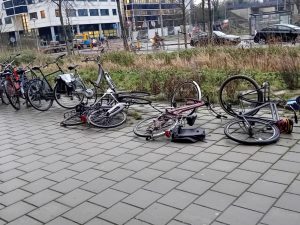


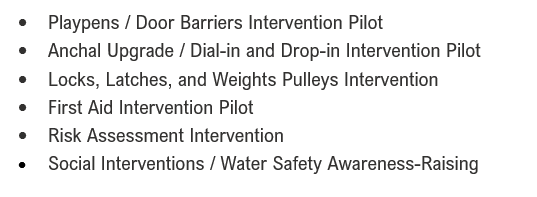
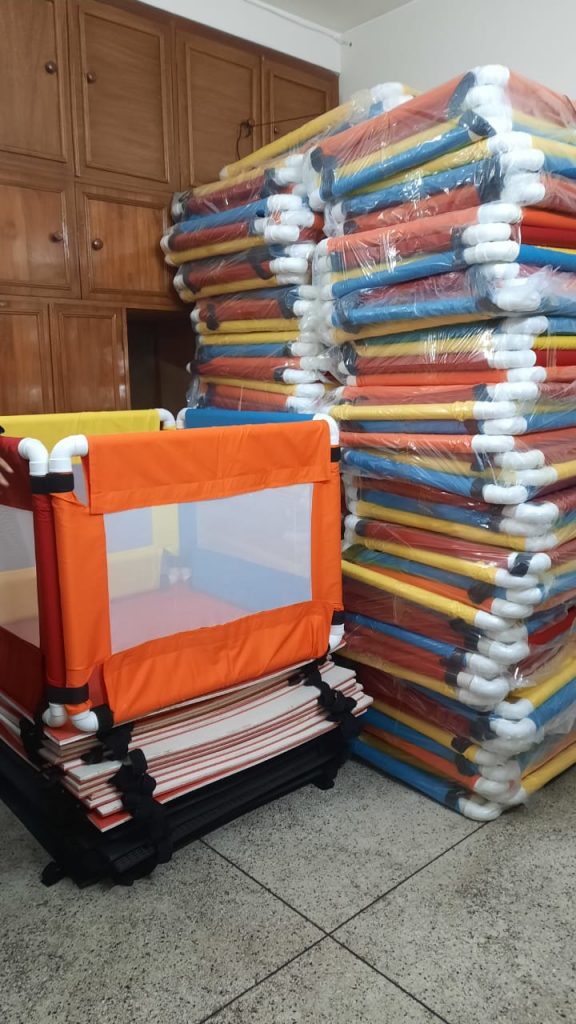
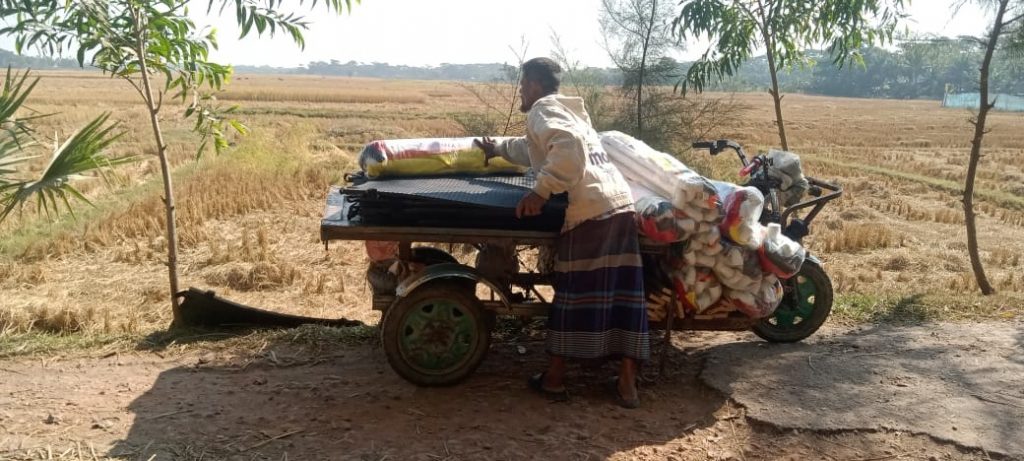
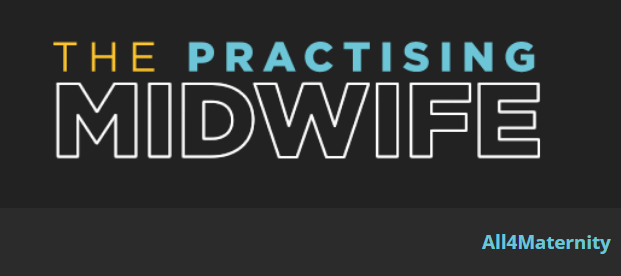


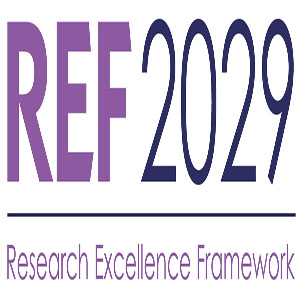
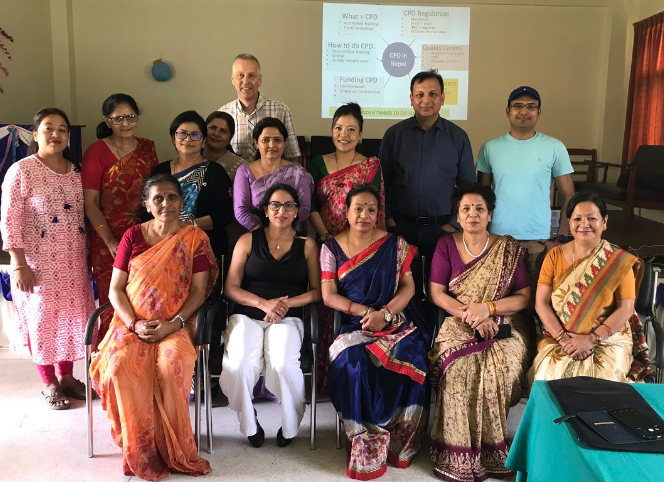



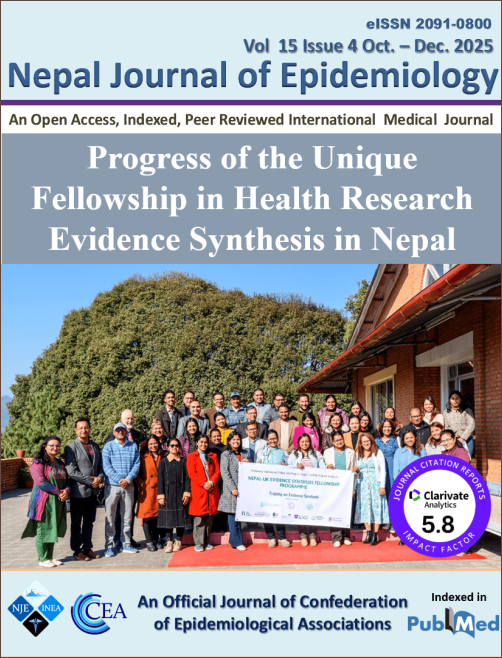
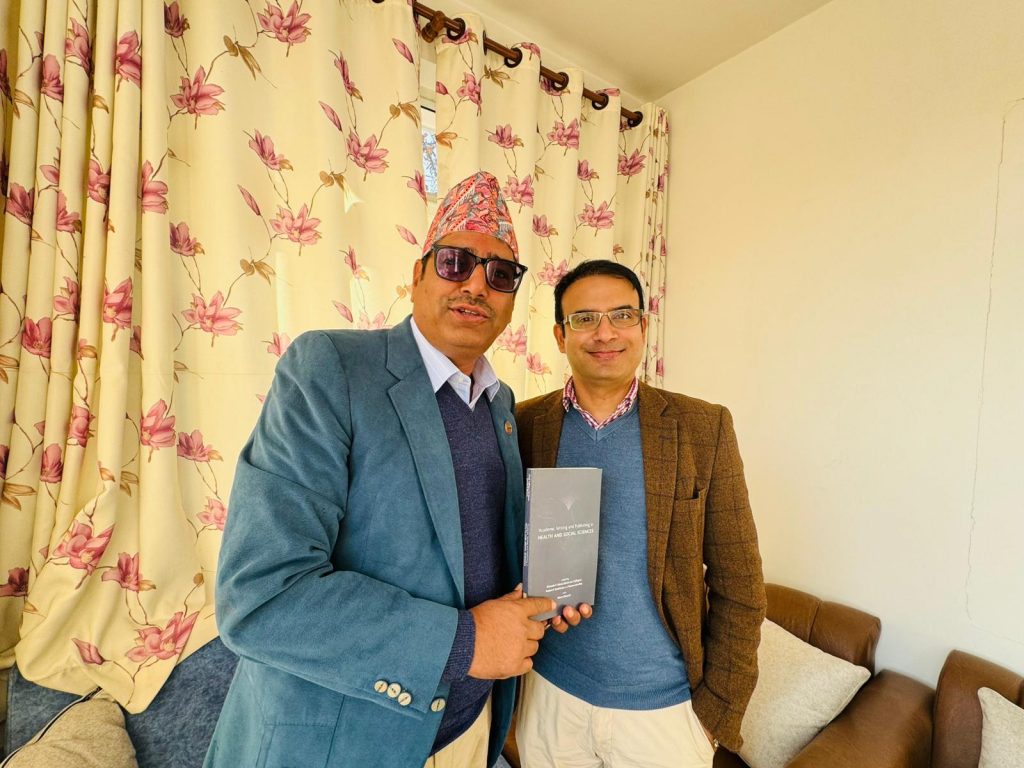

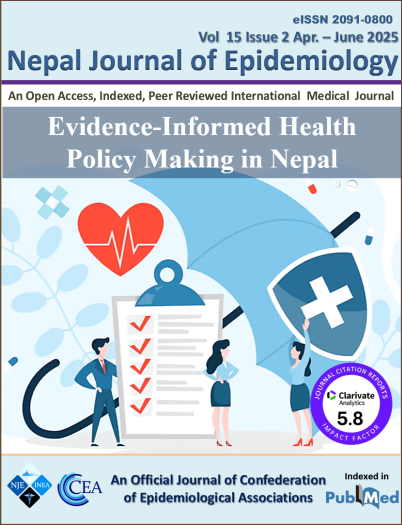
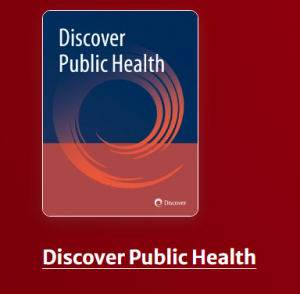
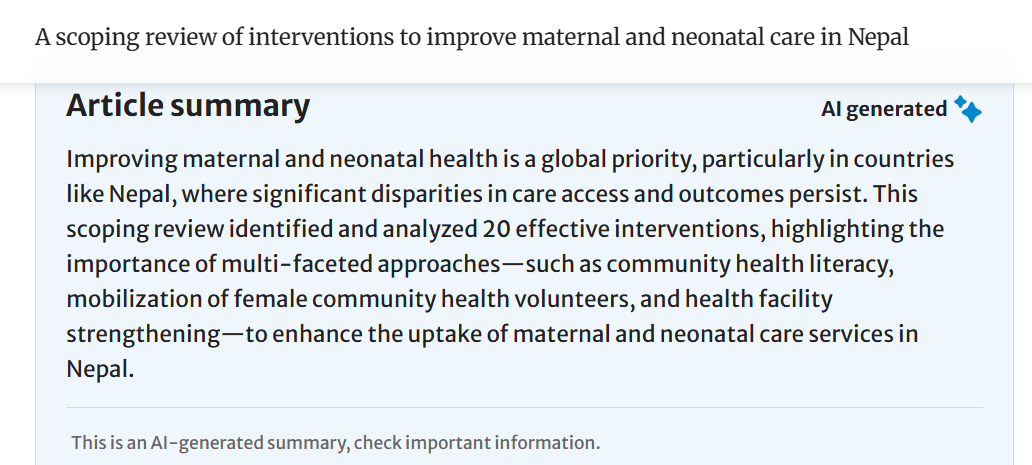

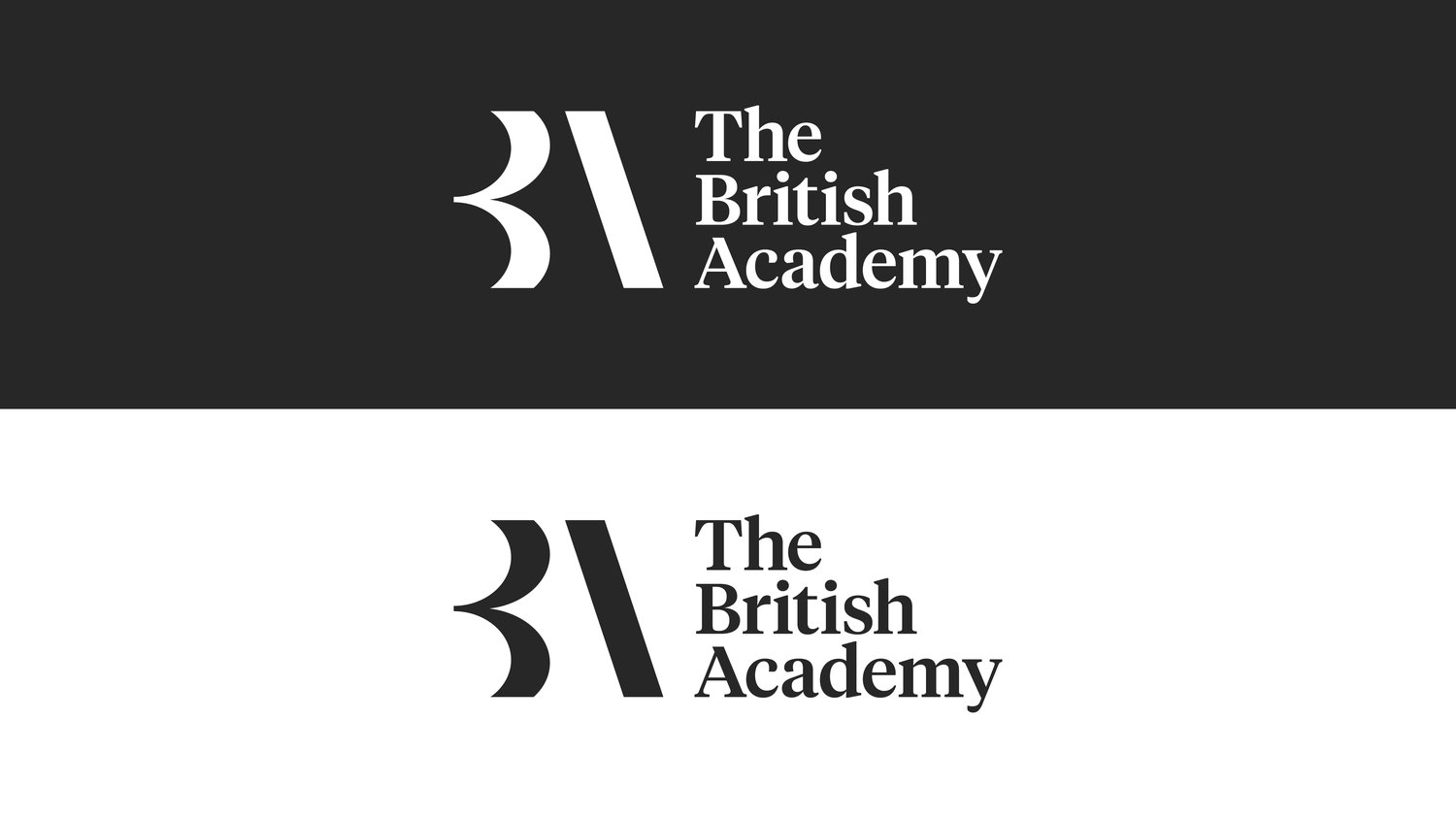
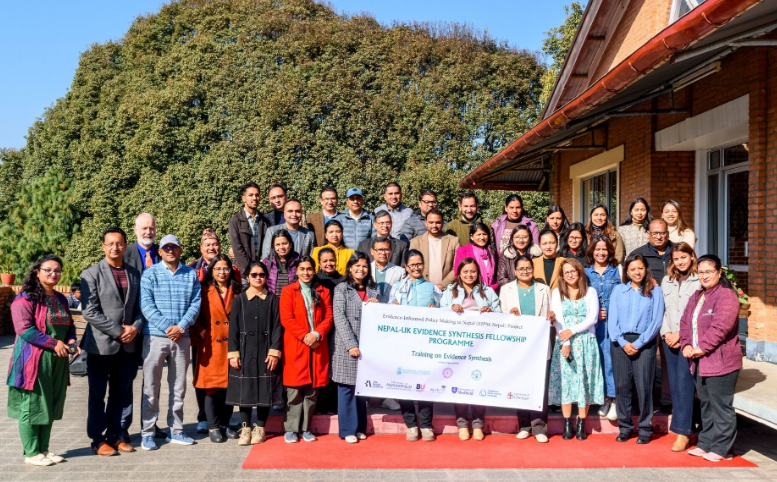

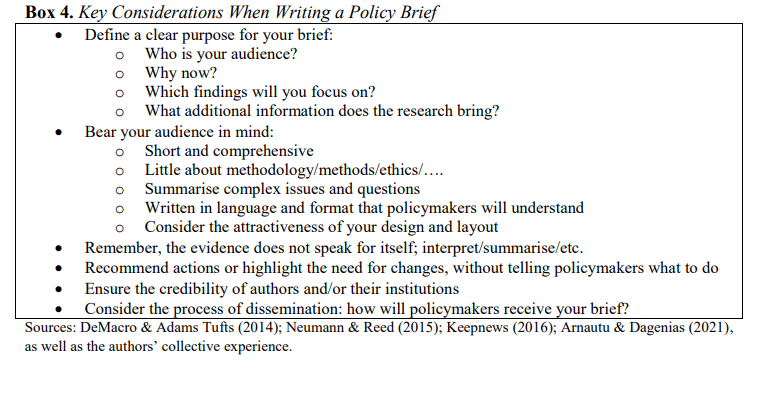
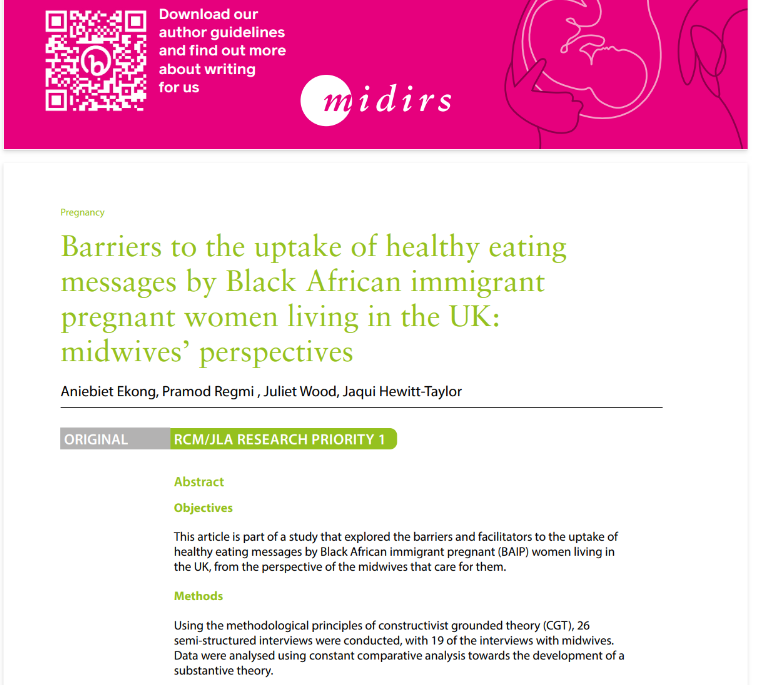
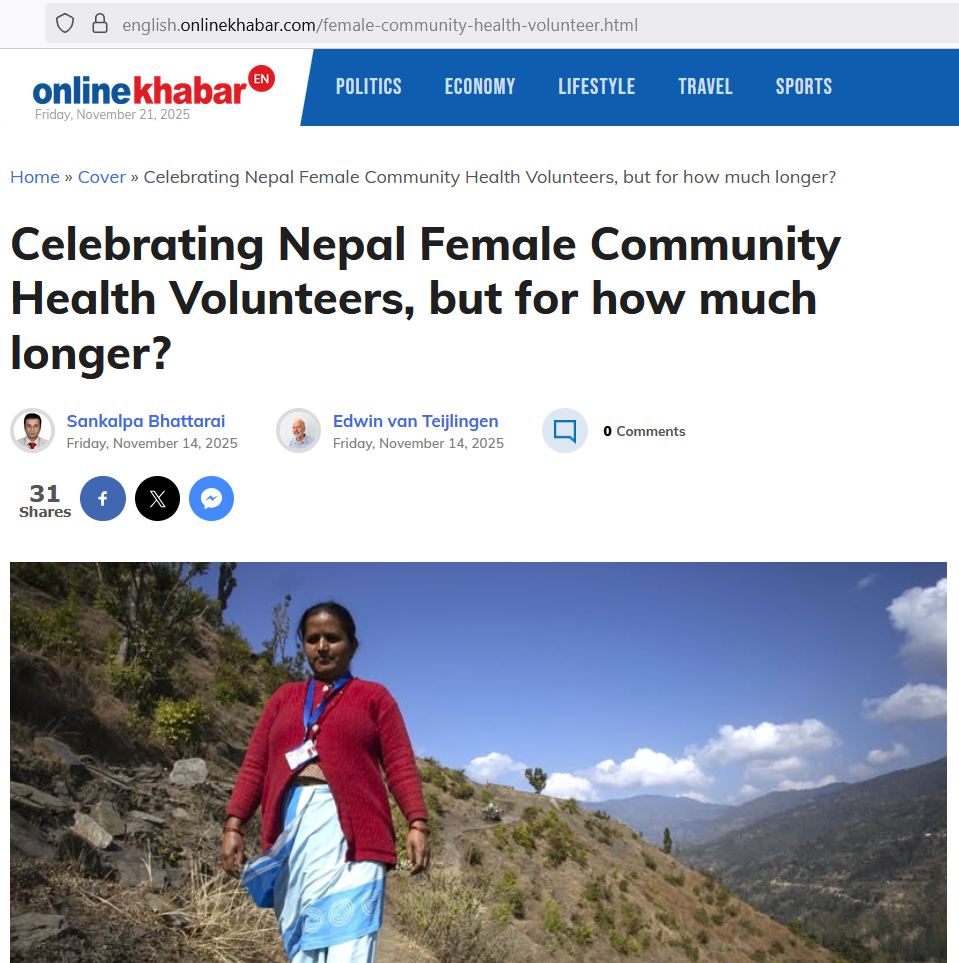

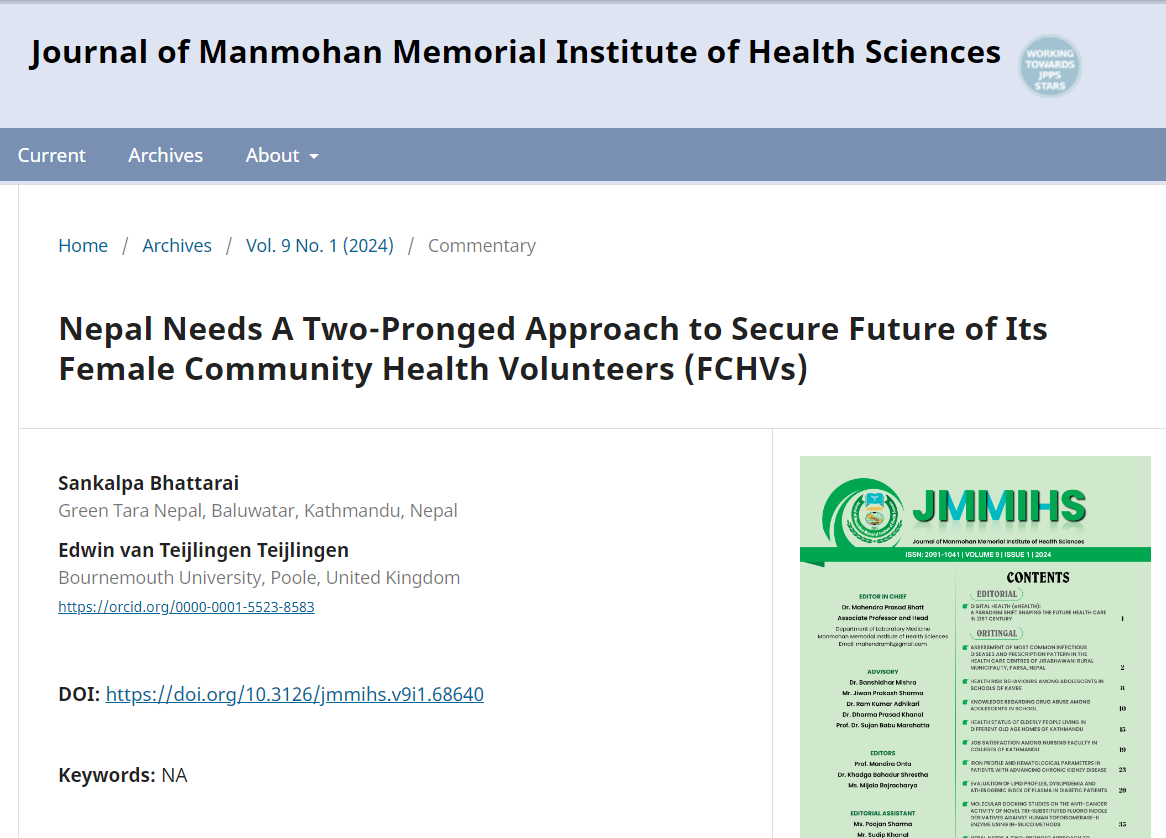





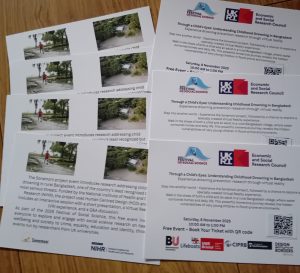
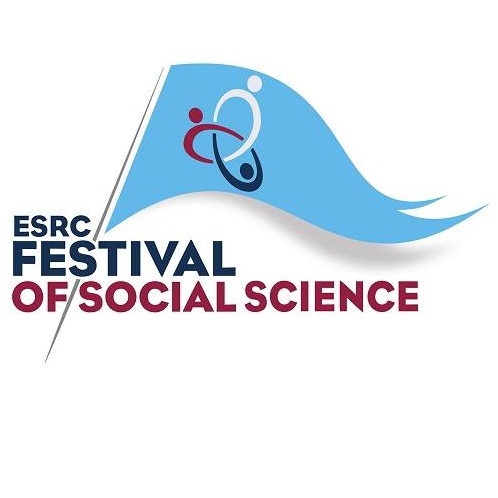


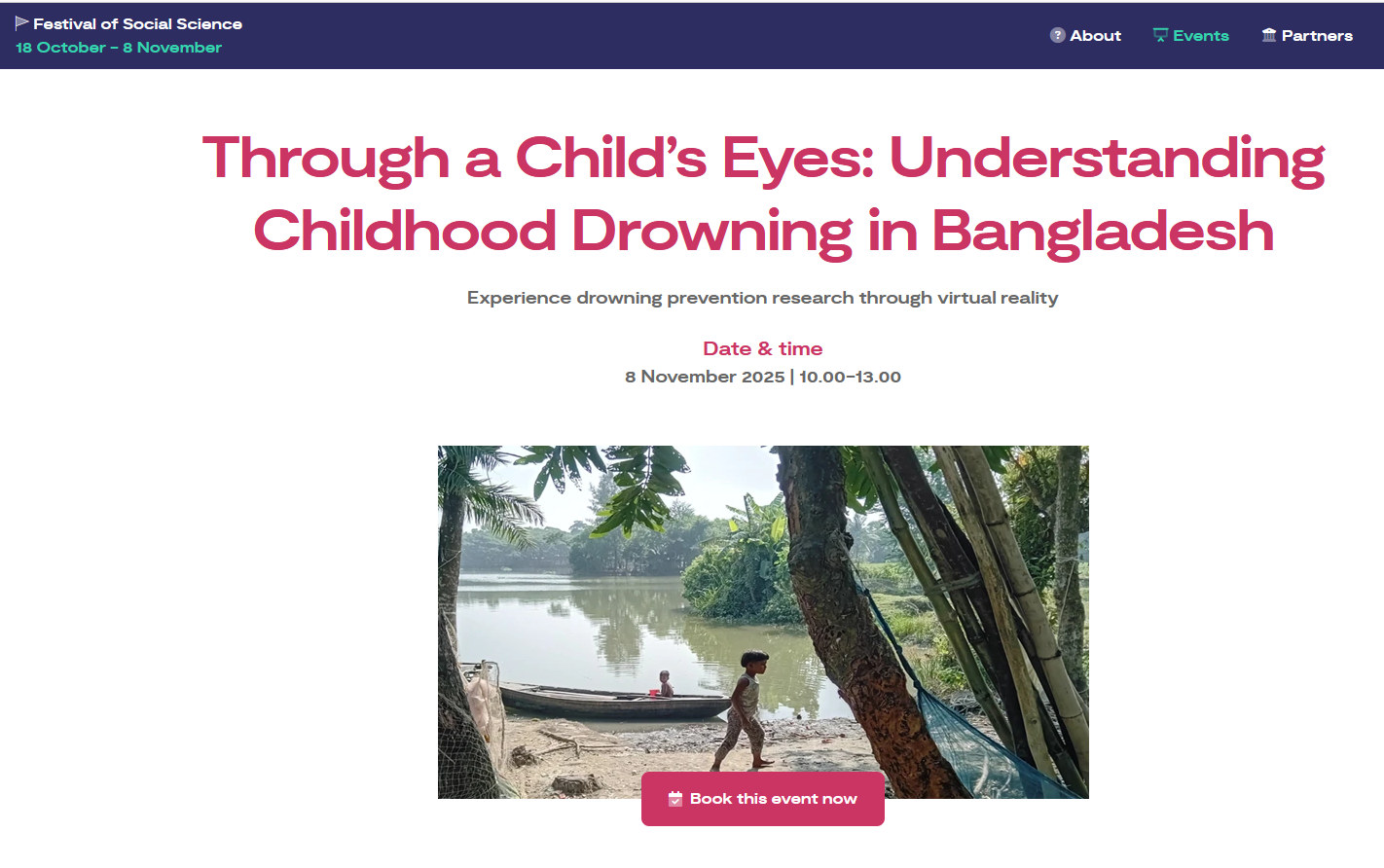
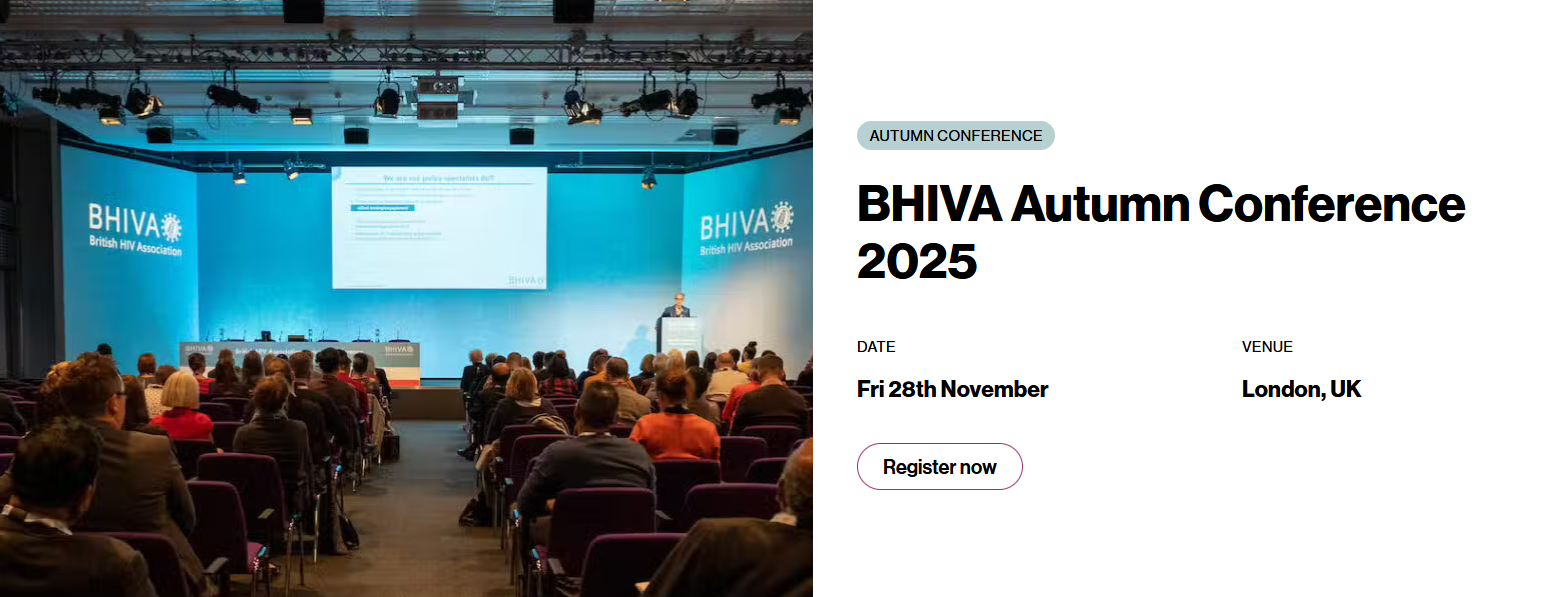













 Beyond Academia: Exploring Career Options for Early Career Researchers – Online Workshop
Beyond Academia: Exploring Career Options for Early Career Researchers – Online Workshop UKCGE Recognised Research Supervision Programme: Deadline Approaching
UKCGE Recognised Research Supervision Programme: Deadline Approaching SPROUT: From Sustainable Research to Sustainable Research Lives
SPROUT: From Sustainable Research to Sustainable Research Lives BRIAN upgrade and new look
BRIAN upgrade and new look Seeing the fruits of your labour in Bangladesh
Seeing the fruits of your labour in Bangladesh ECR Funding Open Call: Research Culture & Community Grant – Apply now
ECR Funding Open Call: Research Culture & Community Grant – Apply now ECR Funding Open Call: Research Culture & Community Grant – Application Deadline Friday 12 December
ECR Funding Open Call: Research Culture & Community Grant – Application Deadline Friday 12 December MSCA Postdoctoral Fellowships 2025 Call
MSCA Postdoctoral Fellowships 2025 Call ERC Advanced Grant 2025 Webinar
ERC Advanced Grant 2025 Webinar Update on UKRO services
Update on UKRO services European research project exploring use of ‘virtual twins’ to better manage metabolic associated fatty liver disease
European research project exploring use of ‘virtual twins’ to better manage metabolic associated fatty liver disease